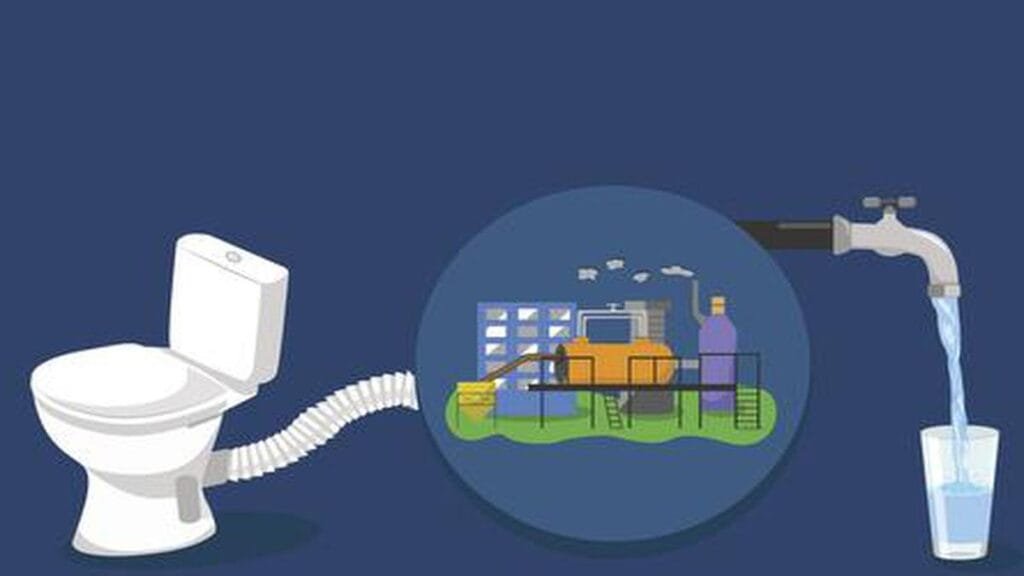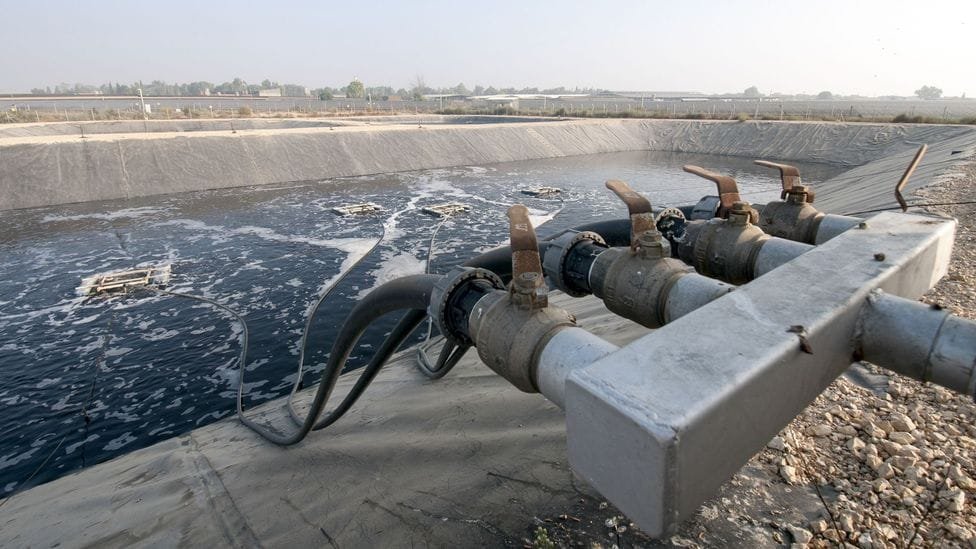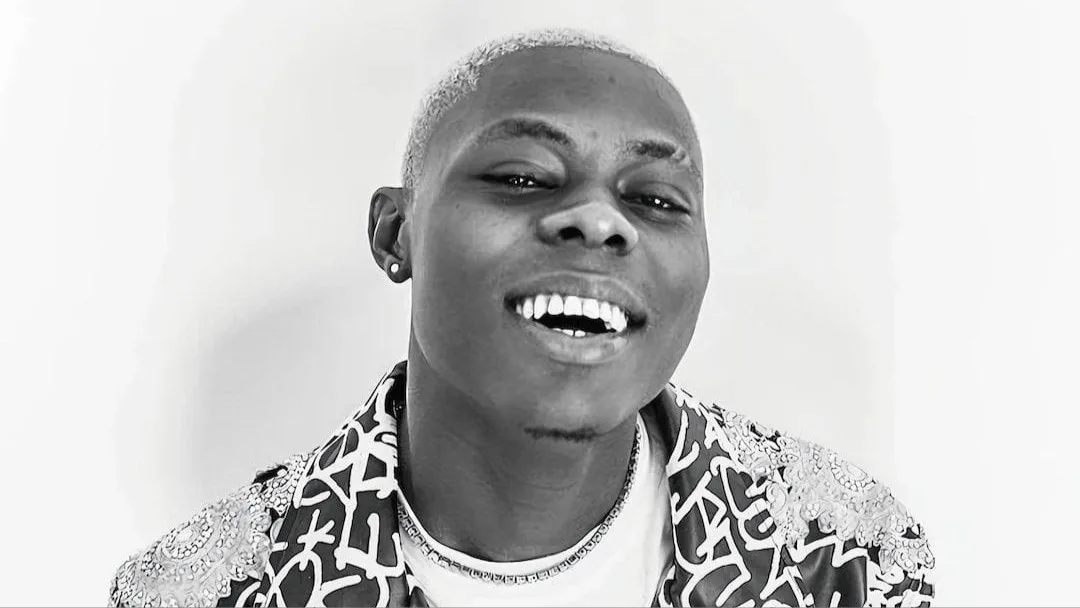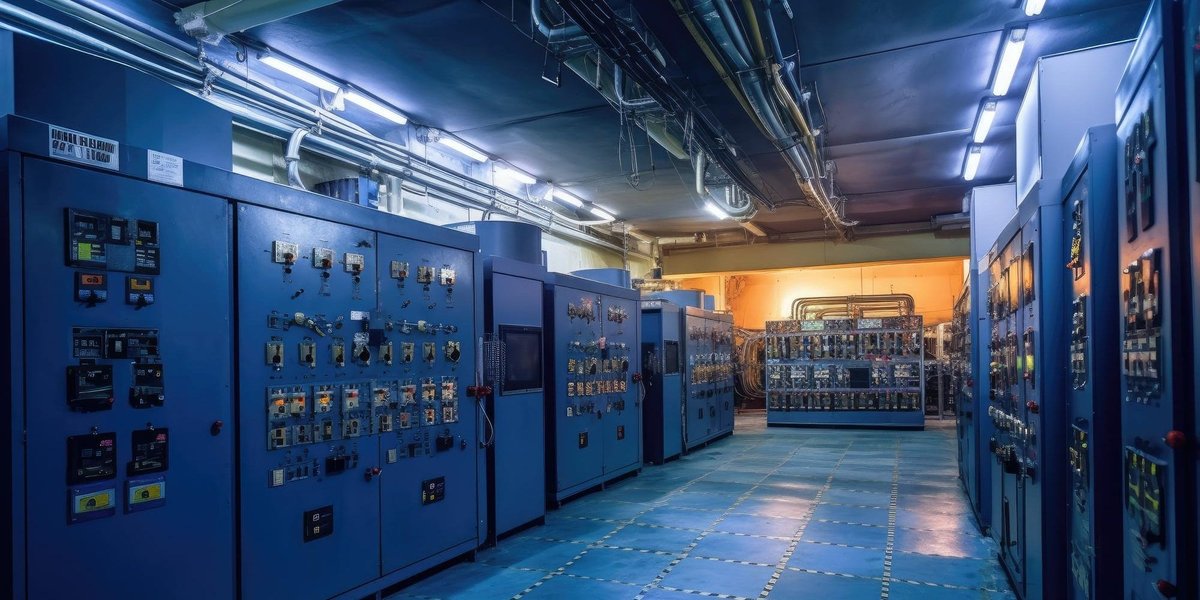Namibia leads the way in toilet to tap treatment, having implemented this procedure for over five decades. In Africa, utilizing technological innovations to solve human problems is not uncommon.
The plant, run by the Windhoek Goreangab Operating Company (WINGOC) since 2001, was commissioned in 1968. WINGOC’s motto “in Windhoek, every drop of water counts” highlights the significance of the project for the survival of the people and has resulted in a reduction of the percentage of Namibians affected by drought.
Furthermore, it enables the recycling of drinking water from the toilet to tap. Additionally, this innovative solution addresses the issue of water scarcity.
Background
Namibia, named after the Namib desert is a sparsely populated country of about 2.5 million. According to Climate Change Knowledge Portal, with a data history ranging from 1991-2020;
Namibia is one of the…driest countries in sub-Saharan Africa and is characterized by high climatic variability through persistent droughts, unpredictable and variable rainfall patterns, variability in temperatures and water scarcity.The climate is generally hot and dry with sparse and erratic rainfall. 92% of the land area is defined as very-arid, arid, or semi-arid. The country ranks second in aridity after the Sahara Desert.
This excerpt shows the underlying and obvious factors for the need to recycle sewage wastes, namely; climate and drought. Namibia Drought Assessment Report 2022 observes the persistent increase in drought and food insecurity with a clause on the impact of COVID-19.
The impacts of the drought have warranted drastic measures of a coping mechanism by the citizens and the government, recycling sewages to water has been one productive measure at easing the impacts of the drought.
The Process of Recycling

Moreover, the sewage-to-water treatment project not only provides citizens with safe drinking water but also increases productivity by 6% annually.
Additionally, it sets a global standard for similar processes in other countries.
Furthermore, the Goreangab plant, operated by the Windhoek Goreangab Operating Company (WINGOC) in partnership with Veolia, uses a process that mimics nature. Utilizing cutting-edge “multi-barrier” technology, including residual chlorination, ozone treatment, and ultra membrane filtration, all pollutants and impurities are removed. To ensure high-quality, safe drinking water strict bio-monitoring methods are also implemented throughout this process.
Everything is done biologically. The bacteria help digest the human waste and pull it out of the water, essentially mimicking what happens in nature but a whole lot faster.
Justina Haihambo, Process Engineer at WINGOC [2019]
Though not the only water source in the country, the ingenious act of the government, with the cooperation of its people to proffer a solution to the problem of water scarcity sets the pace for other African countries to maximize scientific and technological innovations for the development of their countries.
















